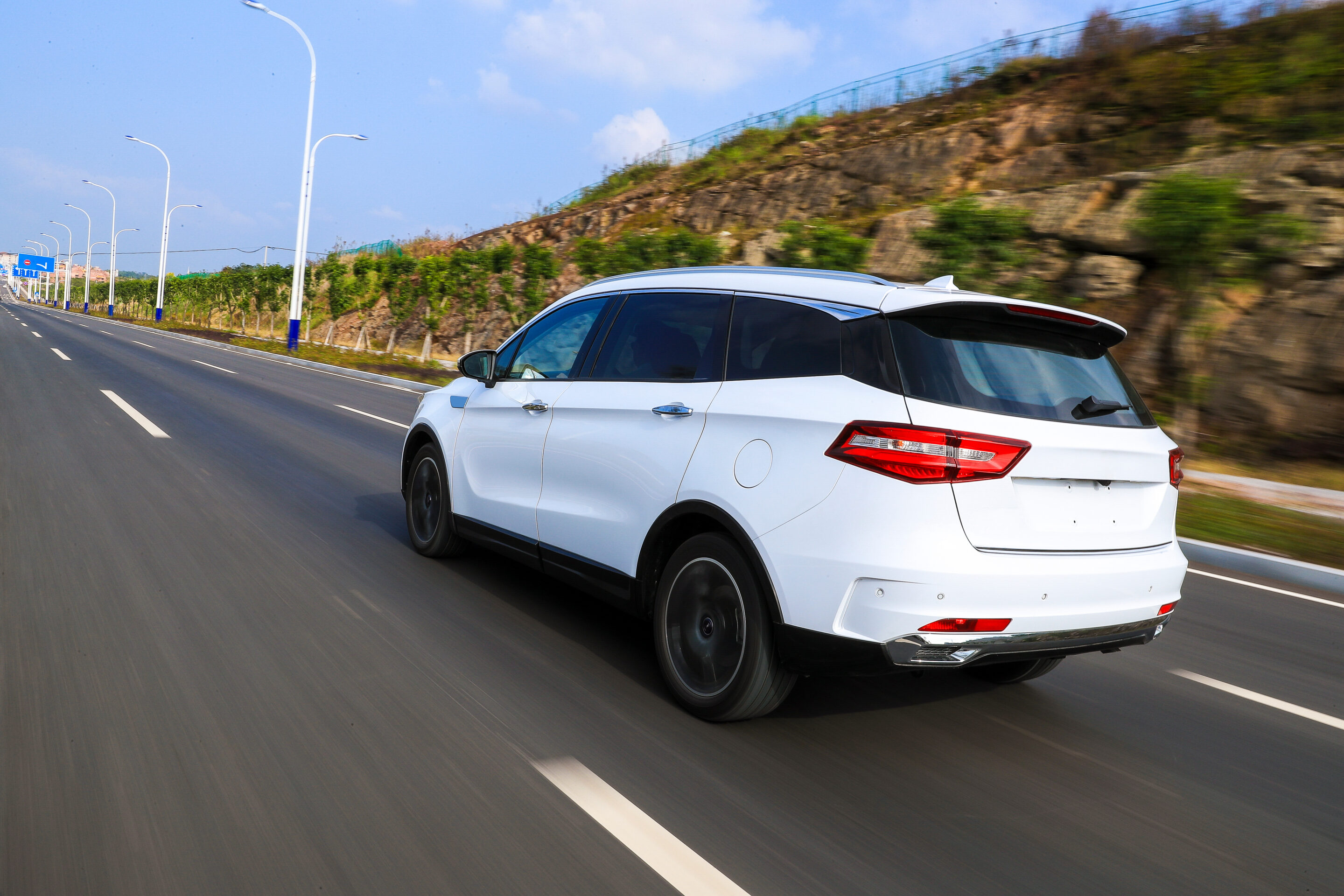The recently released American Customer Satisfaction Index (ACSI) Automobile Study 2024 found satisfaction with both mass-market (79) and luxury (81) segments is unchanged from the year before, while the smaller brands that comprise the “all others” measure lifting the industry’s overall score by climbing seven percent to 81.
All aspects of the customer experience remain the same or improve for mass-market vehicles, according to the ACSI study. Driving performance and vehicle safety are at 84, while dependability, exterior appearance, and mobile app quality score 83.
The lowest-scoring metrics all show gains: gas mileage improves three percent to 80, technology rises three percent to 80, and warranties increase one percent to 79.
Subaru, Toyota Top List
Competition is tight among mass-market vehicles with Subaru (up one percent) and Toyota (down one percent) tied for first place with an ACSI score of 83. Subaru continues to rely on its reputation for safety and dependability, as Toyota maintains its focus on quality while leaning into hybrid vehicles.
Rounding out the top five were Honda at third, up one percent to 82, followed by Mazda (up one percent 81), Buick (up one percent to 80), and Kia (up four percent to 80).
ACSI noted Ford (up three percent to 79), Volkswagen (up four percent to 78), and Ram (up four percent to 77) all post strong gains as well.
Conversely, Stellantis brands occupy the four lowest positions of the segment, with Dodge slipping one percent to an ACSI score of 74 and last-place Chrysler idle at 71. A bright spot for the company were Ram and Jeep up one percent to 75.
ACSI Comments
Forrest Morgeson, associate professor of marketing at Michigan State University and Director of Research Emeritus at the ACSI, noted although the auto industry has shown signs of recovery from the pandemic, it’s not all “top down, wind in their hair” for consumers.
“Despite automotive sales showing strong growth in 2023, many consumers remain cautious about making major purchases like new vehicles,” stated Morgeson in a press statement. “Inflation poses challenges and there are real concerns over new vehicles becoming outdated quicker because of how fast technology evolves.”
“Plus, factors like economic uncertainty and range anxiety around electric vehicles contribute to this hesitation.”
The ACSI Automobile Study 2024 is based on 12,173 completed surveys. Customers were chosen at random and contacted via email between July 2023 and June 2024.
Luxury Market
The luxury segment had a tie for first place between, with Mercedes-Benz (up four percent) and Tesla (unchanged) each receiving a score of 83.
Mercedes-Benz’s customers gave thew automaker high scores for its company’s hybrid vehicles. Meanwhile, Tesla’s pricing strategy may be helping with value perceptions and improved complaint handling appears to offset some customer concerns in other areas over the past year.
Lexus, last year’s co-leader, slipped one percent to 82 and is now tied with Cadillac (unchanged) for second place. Audi was fifth at 80, followed by BMW (down one percent) and Lincoln at 79 apiece. Acura sits in last place after tumbling three percent to an ACSI score of 77.
Although no aspect of the customer experience improves for luxury nameplates, scores are generally strong, at 80 or higher. Mobile app quality (86), driving performance (85), and mobile app reliability (85) lead the way, while interior (82), warranties (82), and gas mileage (80) are the lowest-scoring metrics.
Hybrid and Happy
ACSI data based on fuel source type show hybrid drivers (82) are more satisfied than gasoline drivers (80) and electric vehicle drivers (77) and have the highest average customer satisfaction for both the mass-market and luxury segments.
ACSI officials noted this is consistent with the increased growth in hybrid sales due to them providing greater fuel efficiency and address customer concerns about travel distance with pure electric vehicles.
“The surge in hybrid vehicle sales over the past year is a clear indication that consumers are seeking a balance between environmental consciousness and practical needs,” adds Morgeson. “Hybrid owners are telling us they feel they’re doing something positive for the environment while still maintaining the flexibility and convenience they require. As automakers continue to invest in hybrid technology, we expect this trend to continue.”








